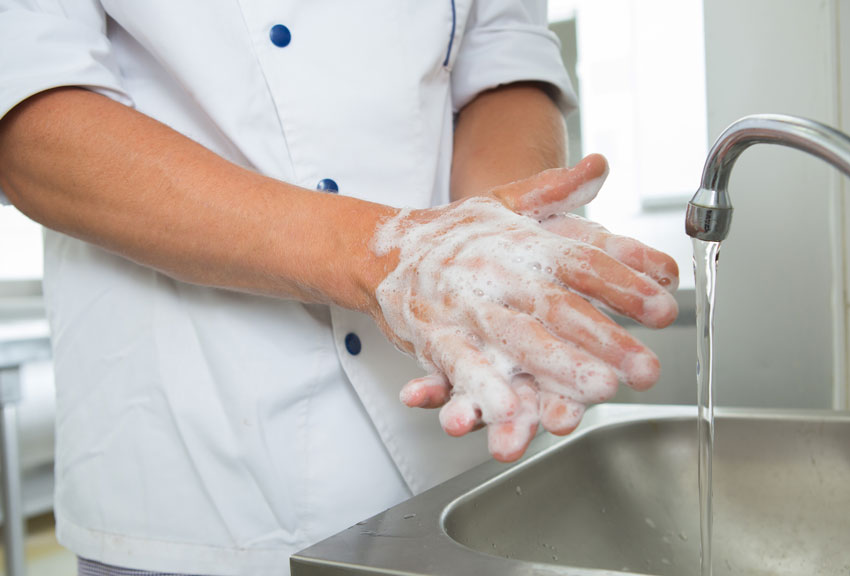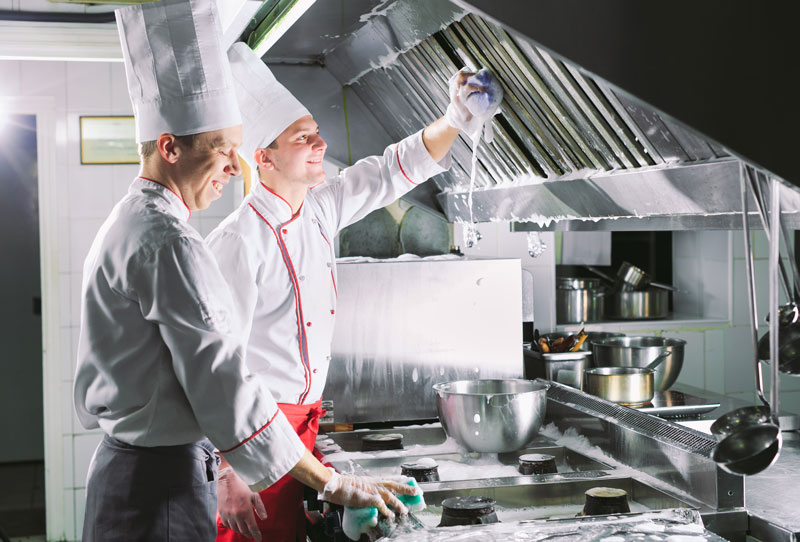How Restaurant Owners and Managers Can Prevent the Spread of Coronavirus & COVID-19
Simple Tips You Must Take to Prevent the Spread of Coronavirus
How to prevent the spread of coronavirus is the top question in 2020. As restaurant managers and owners, you are always tasked with keeping your staff safe in the workplace. During the coronavirus outbreak, this responsibility has even farther reaching implications and has become even more imperative. As a manager or owner, it is your duty to serve the public in the safest cleanest possible manner. These simple tips for restaurant managers and owners and managers can prevent the spread of coronavirus.
Instill a Wash Your Hands Rule & Develop Hand Washing Protocols
The FDA recommends staff wash hands before making food, and after eating, drinking, smoking, coughing and sneezing. Setting even more stringent rules and a protocol for how and when servers, bartenders and kitchen staff should wash their hands will help prevent the spread of coronavirus germs. By making a set rule and a protocol staff knows you are serious and they have a framework of when and how often to wash. This helps to maintain a safe workplace while keeping everyone clean and sanitary.
Establish ground rules for hand washing for servers, bartenders and kitchen staff.

The FDA recommendations for washing hands include:
- Before:
- Food preparation
- Putting on gloves for food prep
- After:
- Eating, drinking and using tobacco
- Coughing sneezing or using a tissue
- Preparing animal products
- Handling equipment
- Touching the body
Here’s Some Examples of When Restaurant Staff Should Also Wash Their Hands During coronavirus:
Servers: After every table serving, before and after breaks, after touching any food, dishes or glassware, always after using the bathroom.
Bartenders: At least every fifteen minutes and after every drink serving or touching food and dishes
Kitchen Staff: Prior to shift, before making food and prepping food, before and after breaks
Require Employees Wear Gloves and Masks
Enforcing rules like wearing gloves for all kitchen staff, servers and bartenders can help reduce germ spread. Gloves must be changed frequently and disposed of properly to prevent the spread of germs.
Stock Bathrooms and Washrooms with Germicidal Soap
Make sure your bathrooms are stocked with germicidal soaps. These will kill the virus. Make them readily available and guests and staff will use them.
Enforce Stricter Cleaning and Sanitization Rules in Your Restaurant to Prevent the Spread of Coronavirus
Enforcing more stricter sanitization rules keeps your restaurant clean and cuts down on the spread of the corona virus.
- Ensure servers are thoroughly cleaning and sanitizing their tables and workstations. This will protect both staff and guests from coronavirus spread.
- Train employees on how to most effectively sanitize tables and other areas of high traffic.
- Clean door knobs, seats, tables, and any other area where germs can spread are cleaned with germicidal cleaners.
- Sanitize all bar and kitchen workstations every shift

Provide Workers with Tissues and Hand Sanitizer to Prevent the Spread of Coronavirus
Give your workers tissues and hand sanitizer to help them combat the spread of germs. Workers should sneeze or cough into tissues and immediately throw them away to prevent further spread of germs. Train staff to do this and you can help prevent coronavirus spread in your restaurant.
Stock Restaurant with Trash Bags, Cleaning Supplies and Sanitizers
Make sure your restaurant has the required cleaning supplies including trash bags, tissues, paper towels and germicidal cleaners. During the coronavirus outbreak these supplies may be in short order. But look for supply stores and buy products at drug stores, grocery stores or wherever you can find these items.
Advise Sick Employees to Stay Home & Be Flexible with Shifts To Prevent The Spread of Coronavirus
Advise any employee with symptoms like cough, fever, or respiratory issues to stay home. Work with employees to cover shifts as needed, and be flexible. Allow workers to take sick days when needed and do not threaten any employee with firing if they request a sick day.


